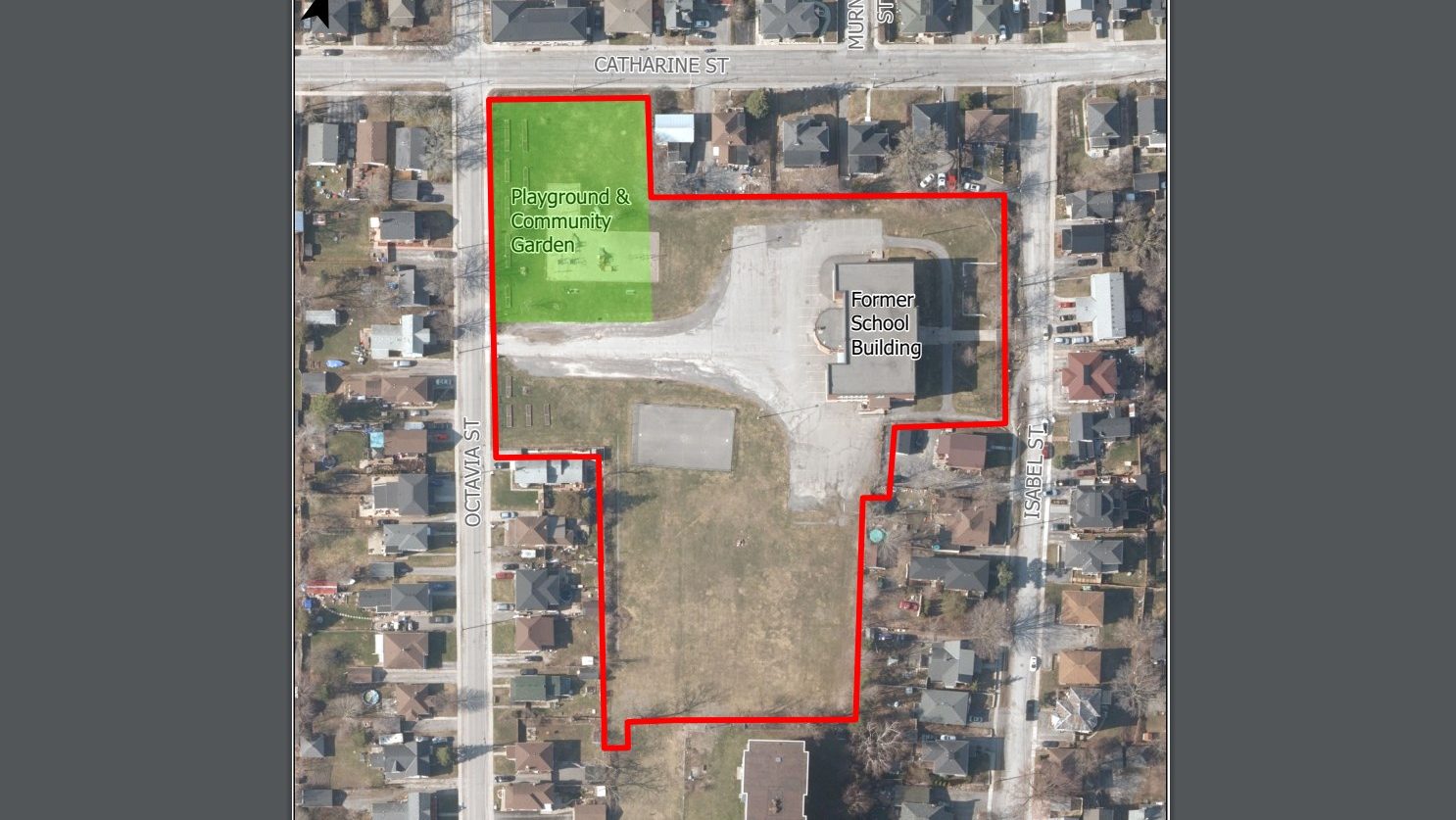IT Services Review & Master Plan
Findings
IT operating expenditures fall at just 1% which is well below the recommended range of 2.5% to 4.5%
Gartner, a US-based international technology industry research analyst firm, reports that local and state governments across North America on average spend around 4.3% of their budgets on technology. Perry Group again typically recommends, at minimum, a 3% target for investment, depending on local conditions but we have seen municipalities at different stages of IT investment cycles investing significantly more.
There are several risks in underfunding technology, namely:
- Negative ROI – misusing valuable staff time in managing medial tasks and manual, paper-driven processes.
- Reputation – by not delivering services that match customer expectations.
- An inability to access valuable data insights that can improve service experiences, target specific business problems, and drive efficiency and effectiveness.
- Difficulty recruiting (and especially retaining) the best and brightest employees.
IT staffing accounts for 2.9% of the workforce, compared to suggested range of 2.5% to 5%
Belleville currently has 11 full-time positions in its IT Department. This represents approximately 2.9% of the City workforce using a baseline of 410 FTE.
Risk / replace ASAP the following technologies:
Finance & Budget technology at risk/needs replacement
Core financials. General dissatisfaction with its abilities to meet current needs. Limited integration and find vendor support a struggle. GL, Journal voucher, Property Tax, AR, AP, Fixed Asset, Inventory, POs, Payroll, Utility billing.
- Business Continuity Planning and Disaster Recovery
- Cloud Governance/Strategy
- Asset & Work
- ECM & Document Management
- HCM, Payroll, LMS
Major work needed on technology for:
Municipal Technology Model (MTM) found:
- Network
- Storage and Data Management
- Governance, Policy, Standards, Procedures
- Security and Risk Management
- Productivity & Collaboration
- Economic Development
- FOI Request Mgmt
- Business Intelligence, Analytics & Reporting
- Data Standards
- Integration Technology
- Master Data Sources
- Workflow/Process Automation
- CRM
IT lacks the capacity to fully meet the needs of the organization
Of the 202 total staff, 141 completed the internal staff survey, a response rate of 70%. This is an excellent survey response rate, indicative of the
importance of technology to staff. Findings included:
- While IT support is seen as knowledgeable and responsive, comments indicated that IT lacks the capacity to fully meet the needs of the organization
- There is considerable dissatisfaction with the current technology solutions and support
- Connectivity and access to technology was a common source of dissatisfaction
- Respondents consistently identified a need for more training and support, especially of business solutions
Connectivity and connection issues impeding productivity and creating service disruptions
20 department interviews covering all departments staff identified some areas for improvement and future opportunities:
- Opportunity for workflow automation and system integrations to enhance processes, reduce manual activities, and disconnected systems.
- Need to establish more of a formalized IT governance process including intake and prioritization, corporate engagement and decision support.
- Greatest concern identified was connectivity and connection issues impeding productivity and creating service disruptions
- Identified the need to revisit core infrastructure technologies, or at least look for opportunities to increase functionality and automation – including HR, Document Management, Asset Management, and Finance.
- Organizational desire for more training on technology solutions and to work with IT on better understanding the digital potential.
- Truly good (and sincere) IT service is overshadowed by lack of resources. There is recognition that technology needs to be better resourced to meet organizational need.
- There is a lack of clarity about system support roles and expectations between IT and the Departments, both on projects and operationally.
Belleville is above average in offering services online
Municipal Online Service Assessment (MOSA) compares the digital government experience between municipalities for 50 municipal services and 14 digital techonologies.
Overall, Belleville’s performance in our Municipal Online Service Assessment is above average compared to similar-sized municipalities and
neighbours in offering online services to their users. While the website is still seen primarily as a communications vehicle for the City, there is
growing use of forms and third-party applications that provide online services in some service areas.
Staff feel pushed to be reactive, rather than proactive in their approach to service delivery
Digital Maturity Model (DMM) finds:
Although there is interest at multiple levels, the organization lacks a structured approach to both project management and process improvement initiatives, and staff feel pushed to be reactive, rather than proactive in their approach to service delivery.
Recommendations
Invest $5.1M in capital expenditures and $1.1M in operating budget expenditures over 5 years from 2024-2029 to digitize services and provide efficient end-to-end digital services.
Objectives
The objectives of the project are to conduct a review of IT services and to develop an IT Master Plan that will:
- Assess the current state of the City’s technology environment and identify opportunities to better and further utilize technology to support business related functions and to identify where costs and efficiencies can be achieved.
- Examine and evaluate the City’s existing hardware and software infrastructure and provide viable recommendations that support remote working, Cloud computing, GIS, and effective communication in a secure environment.
- Conduct a review of current IT processes and practices with an emphasis on security-related processes to identify potential risks and opportunities.
- Review the current online services and digital services being offered to users (internal as well as external customers) to identify potential opportunities for enhancements.
- Review and analyze the staffing and budgeting of/for the Information Technology department and making recommendations for staff complement and technology budget that accord with comparable municipalities.
- Develop a realistic and sustainable Information Technology Master Plan that reflects enhanced technology capabilities for today, tomorrow, and beyond.
IT Master Plan will provide a framework that enables the Belleville to:
- Optimize existing processes and process automation with the use of technology
- Improve or re-invent the services provided
- Extend outreach as a Corporation to engage with the public
- Empower municipal employees to use technology to serve both internal and external clients.
Timeline
September 9, 2024 – Council approves Information Technology Services Review and Master Plan
The implementation of the identified projects will follow a multi-year phased approach.
Operating, Capital (including staffing expansions) related to advancing the ITSR/Master plan will be identified and requested through the annual budget process for Council consideration.
IT will explore a range of alternative funding sources and if viable, bring them forward for consideration.
All of these initiatives align with the proposed 10 year capital budget for the Information Technology Department.
March 2023 – Perry Group Consulting awarded the contract
RFP IT-2023-01 was issued in and Perry Group Consulting was awarded the contract shortly afterward and created the report between July of 2023 and June of 2024.



Comments
We want to hear from you! Share your opinions below and remember to keep it respectful. Please read our Community Guidelines before participating.